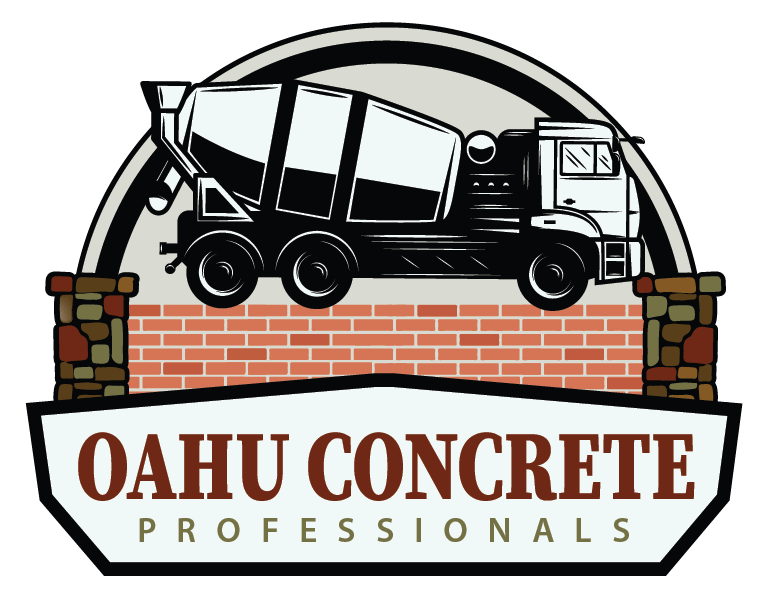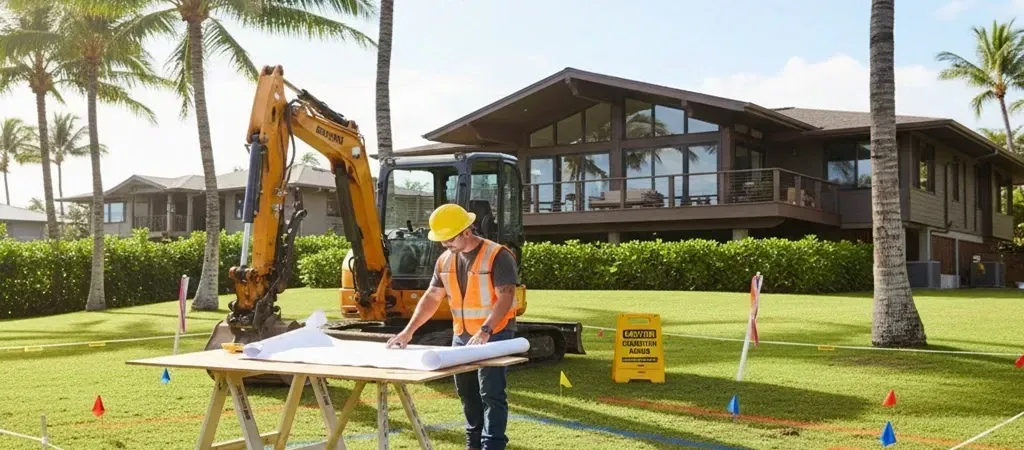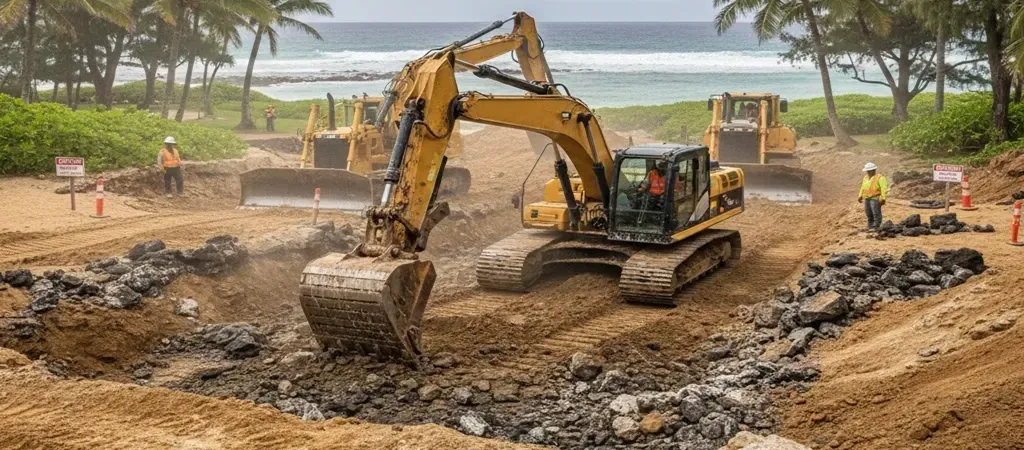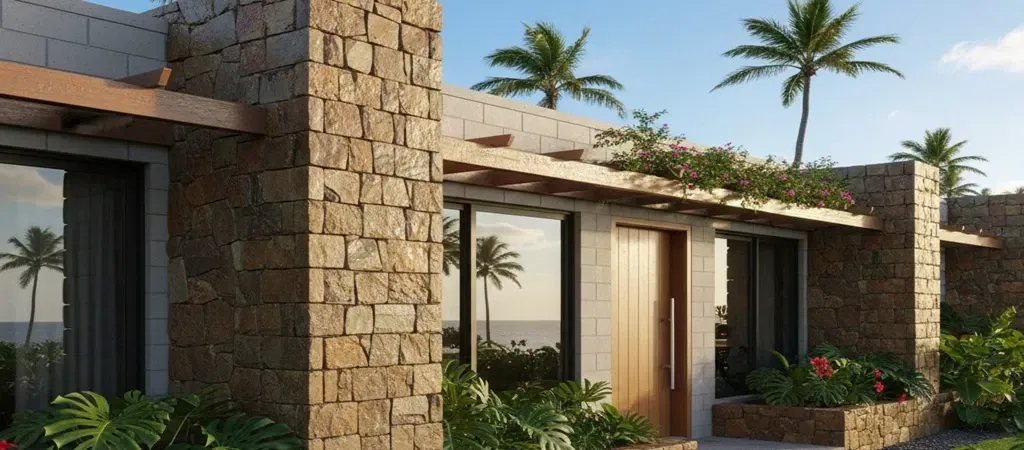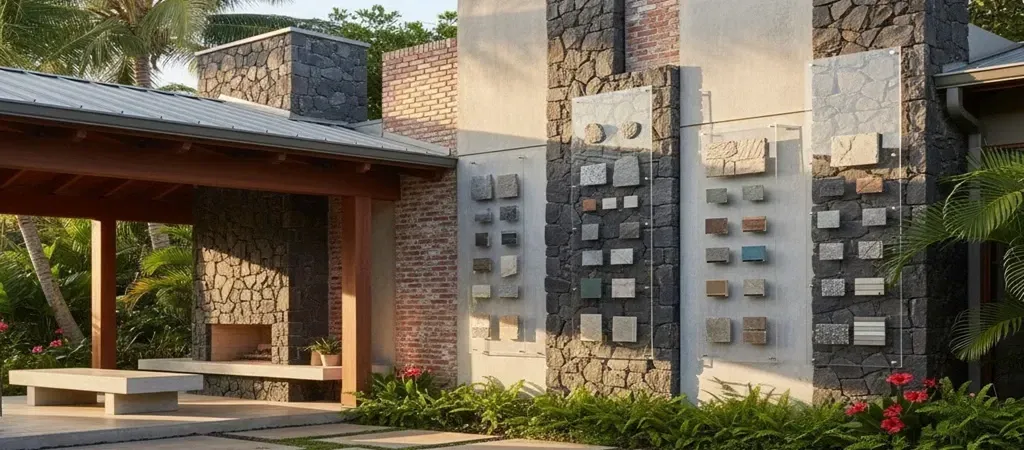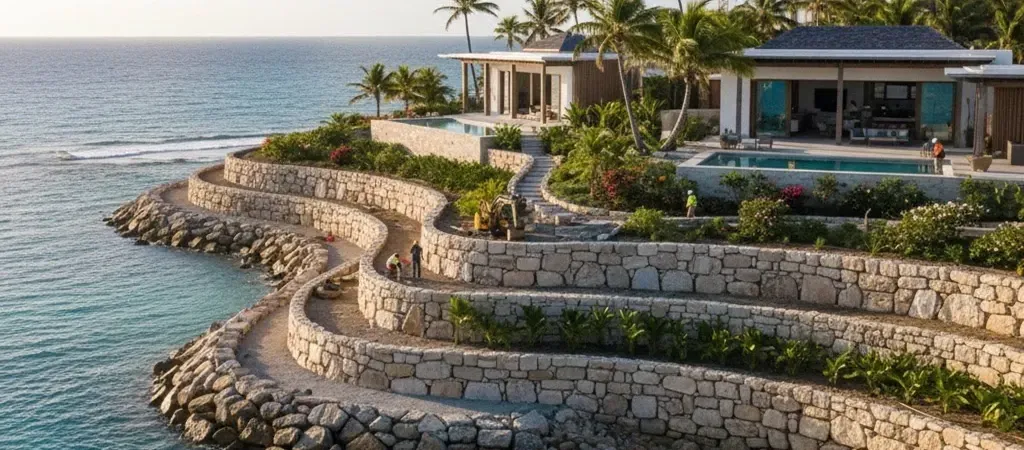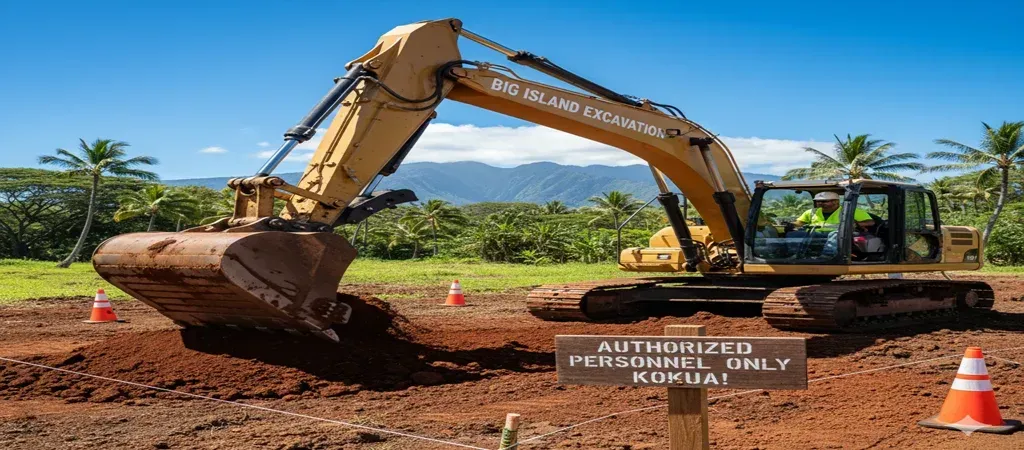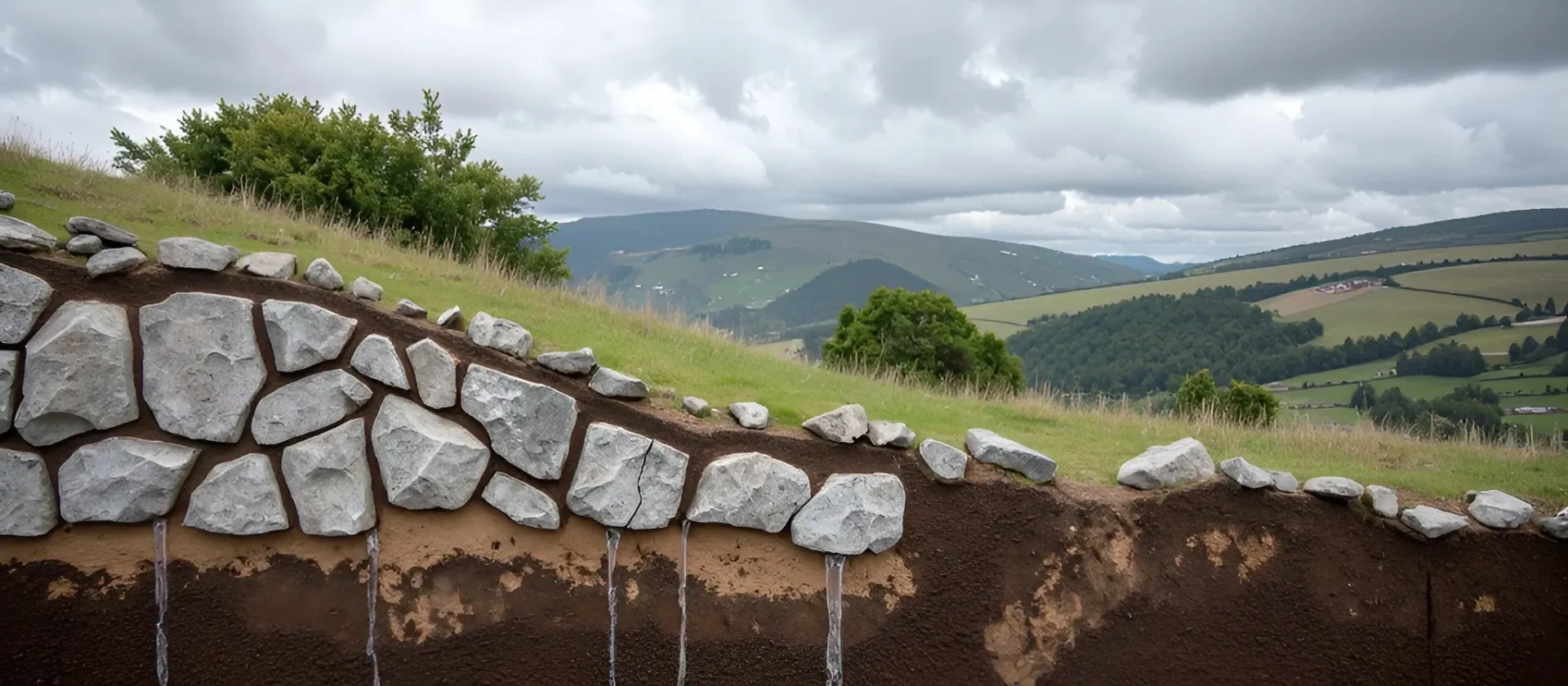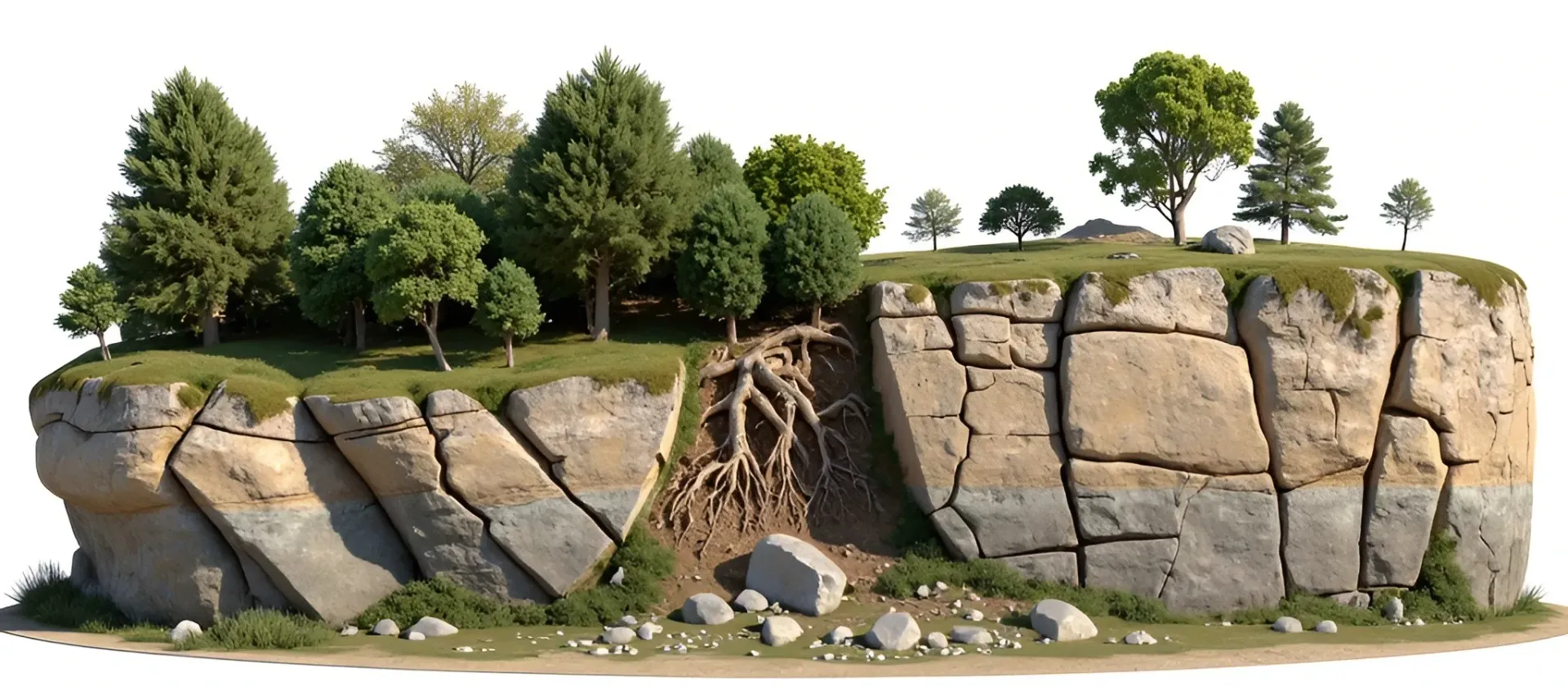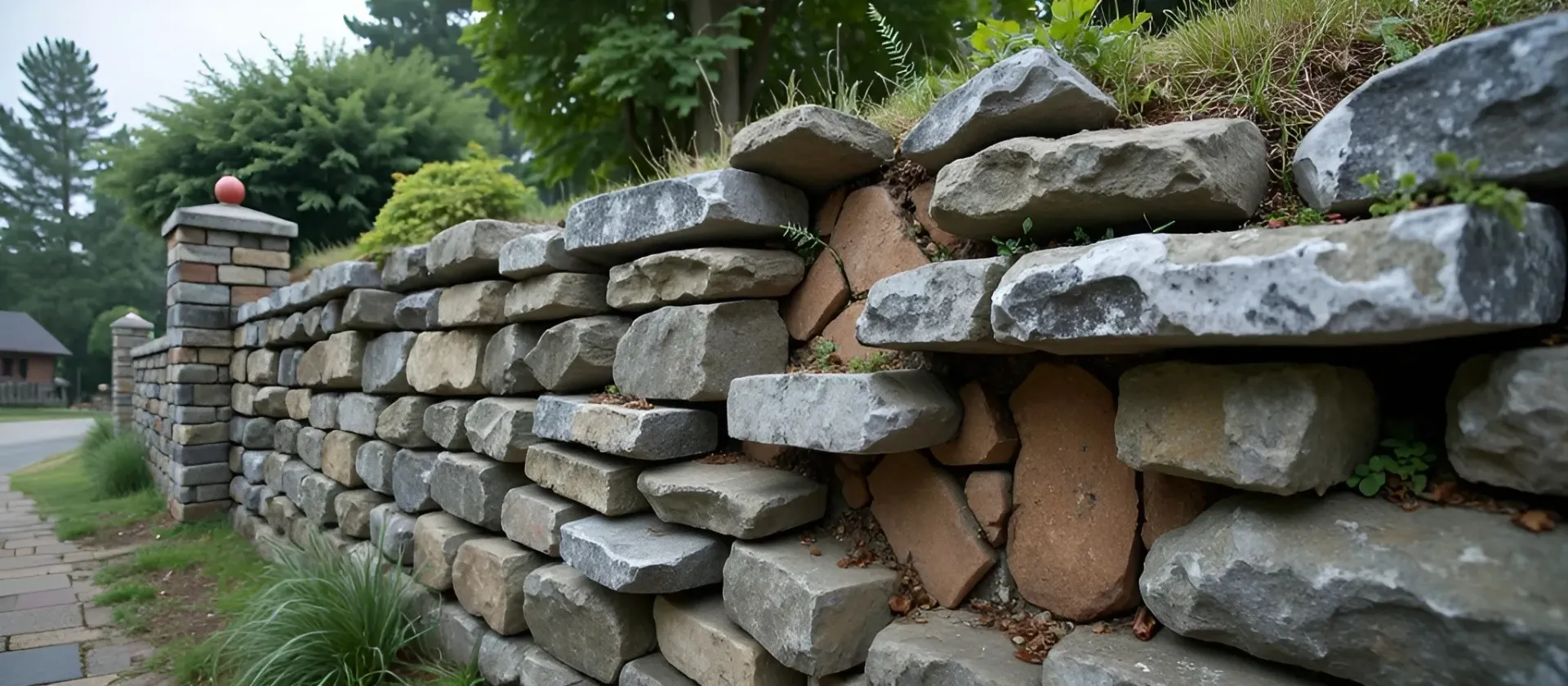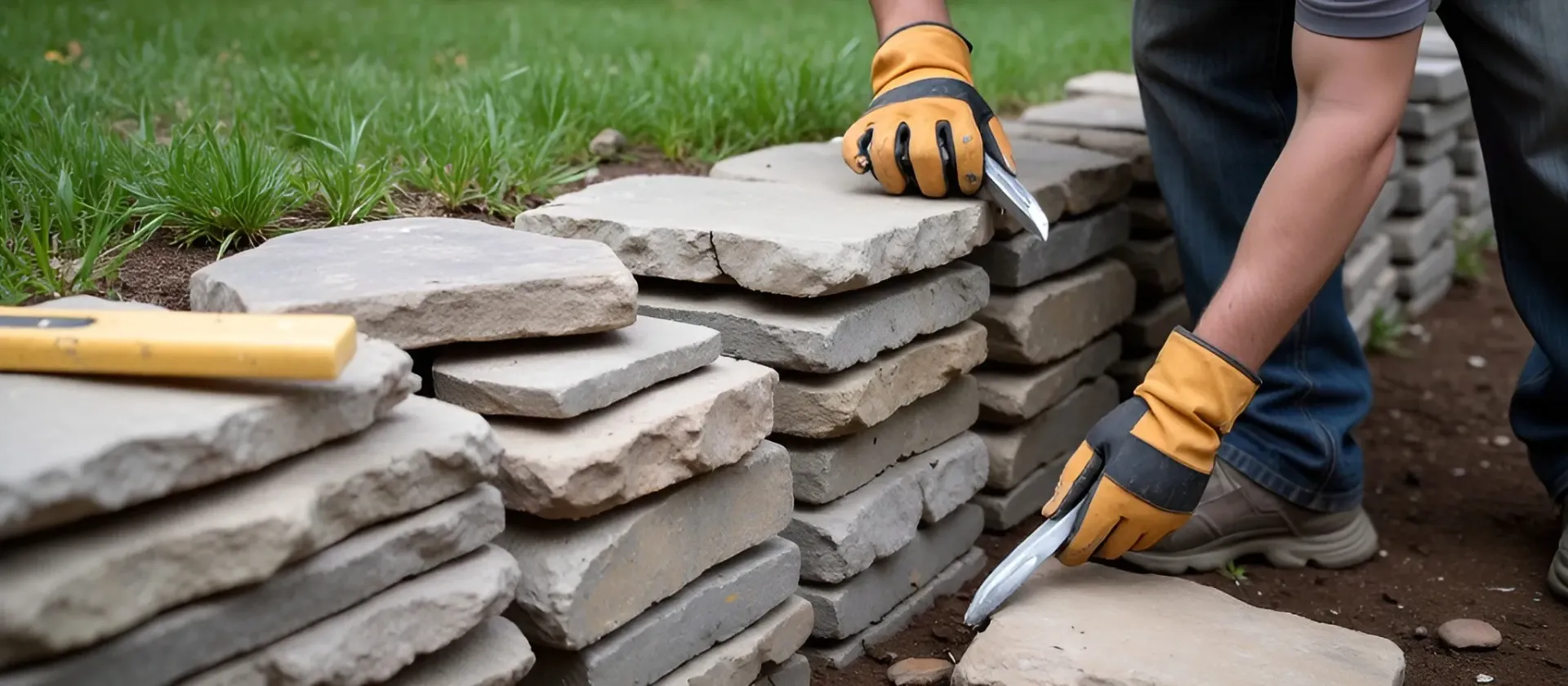Rock Walls vs. Other Retaining Walls in Hawaii: The Best Choice for Your Property
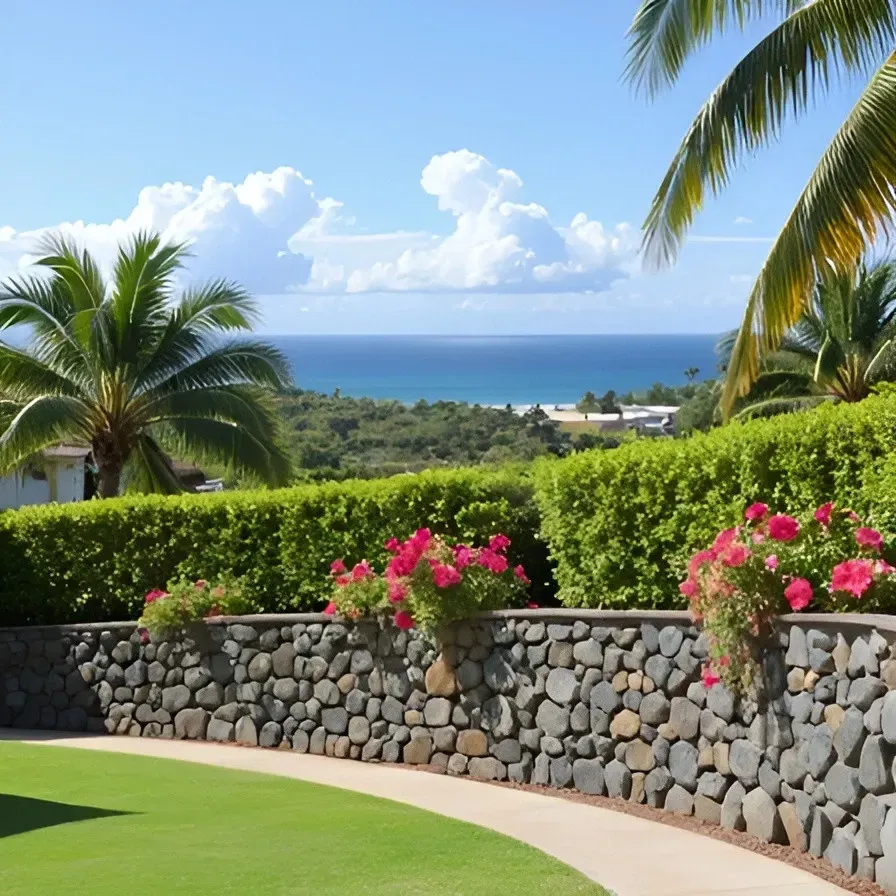
If you are a resident of Hawaii and looking for the best type of retaining wall you can choose for your property, Oahu Concrete Professionals’ rock wall in Hawaii is definitely the most frequently recommended by many residents and business owners in Oahu and surrounding areas. Due to its unique qualities that truly blend well with our picturesque environment, you can never go wrong with choosing rock walls in Hawaii. As a matter of fact, there are many reasons why rock walls are a great choice in Hawaii and we will delve into that topic here. What are the advantages of rock walls? Also, are there any disadvantages or drawbacks? Be sure to check the details below to find out.
Natural Aesthetics
Choosing rock walls, especially in Hawaii, is a wise choice. Why? Unlike other options such as concrete and timber walls, they often have a more industrial or artificial look. If you choose these types of walls, you must pay more for additional treatments or coating to achieve aesthetic appeal; However, rock walls already have a timeless and organic appearance, which blends seamlessly with the natural landscapes of Hawaii.
Durability and Longevity
Timber walls are prone to rot and pests over time. On the other hand, concrete walls may crack or deteriorate without proper maintenance. Although cracking can be avoided by adding more steps in the process, it will still cost some of your time and effort. Unlike in rock walls, you just have to ensure that they are constructed properly and rest assured that they can last for decades. Natural stones resist weathering, erosion, and pests better than many other materials, which makes them many steps ahead of other options.
Eco-Friendly Material
One of the downsides of many man-made or engineered materials like concrete is that they have a higher carbon footprint due to the energy-intensive production process. This is something bad if you aim for sustainability and if you care for Hawaii's environment. Of course, we still need concrete but if there’s any way we can minimize concrete production for environmental reasons, we should give other solutions a shot—such as choosing the Oahu Concrete professionals rock wall in Hawaii.
Rock walls are often built using locally sourced recycled stones which minimizes environmental impact. Additionally, they allow plants to grow in crevices, promoting biodiversity.
Drainage Capabilities
Drainage issues are one of the common problems that need to be addressed in other retaining wall options—which you are less likely to experience with rock walls compared to other options.
Concrete and timber walls require dedicated drainage systems like weep holes or gravel backfills to prevent water buildup. However, rock walls allow water to pass through gaps naturally, which reduces hydrostatic pressure and the risk of water damage. Note that even though water can pass through gaps in retaining walls, it is important to manage water around and behind the rock wall to prevent problems caused by soil saturation.
Maintenance Requirements
No matter what material you choose, you will definitely need to do some maintenance. However, the advantage of rock walls is that they require minimal maintenance, especially when built with high-quality stones. Rock walls commonly need minor repairs like replacing a dislodged rock—a task that professionals like us can handle with ease.
In contrast, timber walls may need frequent sealing and treatments, and concrete walls might require crack repairs or resurfacing, which require more time and are much more costly.
Environmental Resistance
Although extreme conditions can affect all
retaining wall options, rock walls can withstand freeze-thaw cycles, heavy rainfall, and high temperatures, better than other materials.
Timber degrades faster in wet climates, and concrete is susceptible to cracking in freeze-thaw conditions without additives.
Other Things You Should Know
While rock walls offer numerous advantages, we don’t want to be biased about them. Being transparent about this matter can help other people make an informed decision on whether to choose rocks in Hawaii or not. Of course, they also have some disadvantages when compared to other types of retaining walls. But most of them just need simple solutions that Oahu Concrete Professionals can help you with. If you really want to choose rock walls, here are some key challenges you might encounter:
Labor-Intensive Construction: Building a rock wall, especially a dry-stacked one, requires more intensive skills compared to other options. You need skilled laborers to select, position, and fit the stones together securely, which can increase the time and cost of installation. Good thing, Oahu Concrete Professionals have perfected the art of constructing one. So, you can save not only more time but also in cost since we provide discounts.
Space and Height Limitation: Rock walls need to be wider at the base to ensure stability. Due to that, they are less suitable for very tall retaining walls as their stability depends on weight and base width. But if you want to make your rock wall to become taller than usual, the solution is to increase the weight and base width—if there’s more space available.
Weathering and Erosion: Although stones are relatively durable, some types of rock like sandstones and other sedimentary rocks can erode or crack over time when exposed to harsh weather or freeze-thaw cycles. So, avoid these types of rocks as much as possible.
Environmental and Sourcing Challenges: In areas without natural stone quarries, transporting rocks can be expensive and environmentally taxing—If you stick with locally sourced stones, the disadvantage of transporting rock can become negligible.
Key Takeaways
With this information, it’s now up to you to assess the advantages and disadvantages of rock walls compared to other options. But the main point is that you can never go wrong with rock walls in Hawaii if you have professionals by your side along the process. Oahu Concrete Professionals are always one tap away whenever you need professional assistance for your rock walls in Hawaii.
Contact us today and start installing the perfect retaining wall for your property with us.
